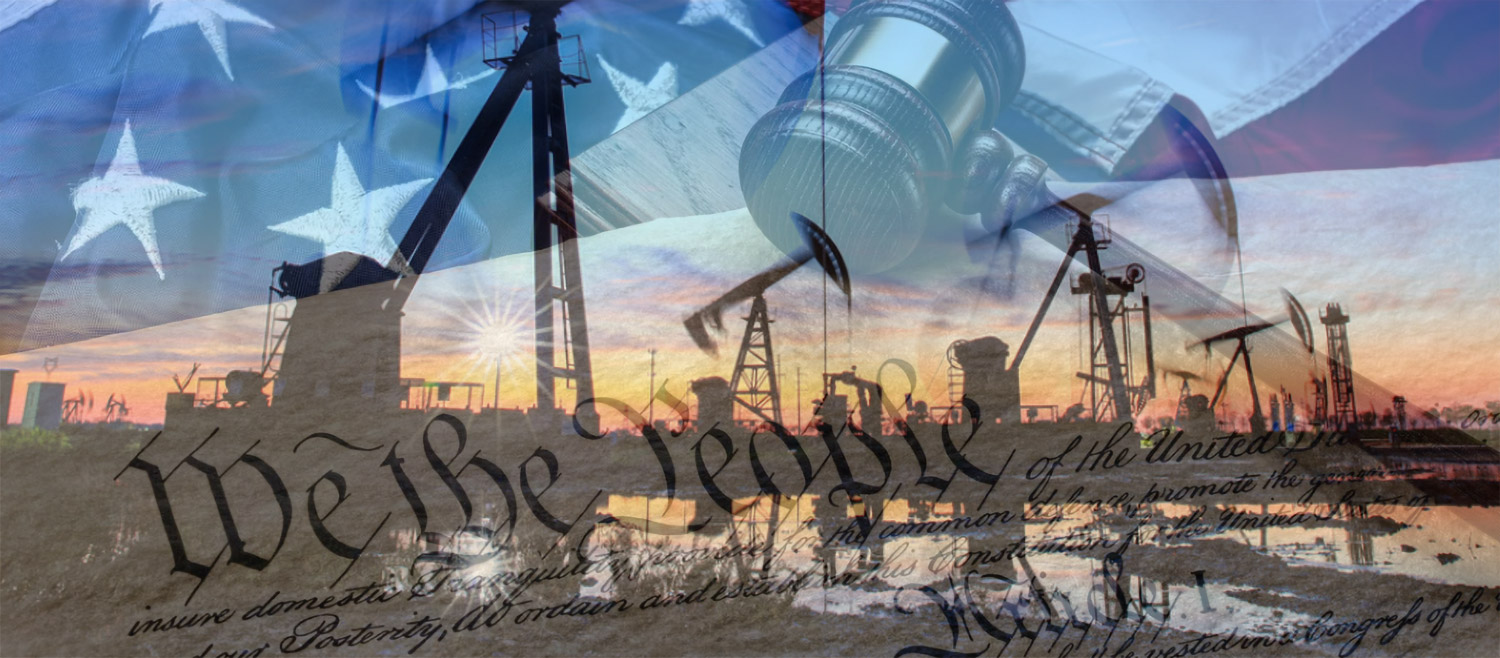By Allen Campbell, JD, MBA
On May 23rd, Republican attorneys general of 19 states petitioned the U.S. Supreme Court to block five Democratic-led states from pursuing climate change lawsuits against the oil and gas industry in their own state courts. (State of Alabama et al. v. State of California et al.)
This unusual case comes in response to the numerous cases that have been filed by state, local and tribal governments asserting that fossil fuel companies have deceived the public about the risks of their actions and products contributing to climate change. They allege that the companies knew for decades that burning fossil fuels would lead to climate change but hid the truth from the public. They also allege that the companies created public nuisances or violated state laws in doing so. These lawsuits claim billions of dollars of damage from such things as severe storms, wildfires and rising sea levels.
The nineteen plaintiff states are Alabama, Alaska, Florida, Georgia, Idaho, Iowa, Kansas, Mississippi, Missouri, Montana, Nebraska, New Hampshire, North Dakota, Oklahoma, South Carolina, South Dakota, Utah, West Virginia, and Wyoming. The five defendant states are California, Connecticut, Minnesota, New Jersey and Rhode Island, all of which have brought cases against fossil fuels companies.
The plaintiff states argue that only the federal government can regulate interstate gas emissions, and that states have no power to apply their own laws to a global atmosphere that reaches well beyond their borders. The premise of the lawsuit is that the defendant states are seeking to dictate the future of the American energy industry by imposing ruinous liability and coercive remedies on energy companies through state tort actions governed by state law in state courts. “They do not”, said Alabama’s Attorney General, “have authority to dictate our national energy policy.”
This case is especially unusual because the plaintiffs have petitioned the U.S. Supreme Court under a theory of “original jurisdiction” (which is for disputes between states) to block the lawsuits filed by the five liberal states against fossil fuel companies. Invoking original jurisdiction is always unusual. Legal experts are saying that using it to halt civil enforcement lawsuits against private parties is virtually unprecedented. While the plaintiff states have asserted various rationales to justify their actions–including core constitutional issues such as the separation of powers, federalism, and extraterritoriality–those doctrines have not yet been applied to circumstances similar to those here.
Even if the US Supreme Court declines to accept the case, it may still have its say on climate-change litigation in a separate case pending before it, in which the city of Honolulu has sued fossil fuels companies in Hawaii state court. The defendants are seeking to overturn a Hawaii Supreme Court decision that allowed the case to move forward in state court.
The Supreme Court declined last year to transfer several of the lawsuits to federal court, after numerous U.S. appeals courts said the claims are not preempted by federal law.
The big picture:
The essence of the 19 states’ case is that the defendant states are seeking to dictate the future of the American energy industry by imposing ruinous liability and coercive remedies on energy companies through state tort actions governed by state law in state courts. Rightly or wrongly, that in fact is probably the game plan of at least some of the leadership in the five defendant states.
Litigation is another front in a global war being waged by climate activists and many governments against fossil fuel companies, their bankers and their investors. These cases are an increasingly difficult part of the fossil fuel business eco-system.
The deception-on-the-public argument is easily modified into a claim that oil companies have also misled their investors with respect to the risks faced by the companies themselves with regard to impairment of corporate value and long-term share prices.
A big question here is this: are elected judges and ordinary citizen jurors qualified to determine the future of global energy policy? The global demand for power is increasing. If the use of fossil fuels is curtailed, how exactly is the global economy going to function? Who will pay the price politically for the disruption – the chaos – that would ensue?
